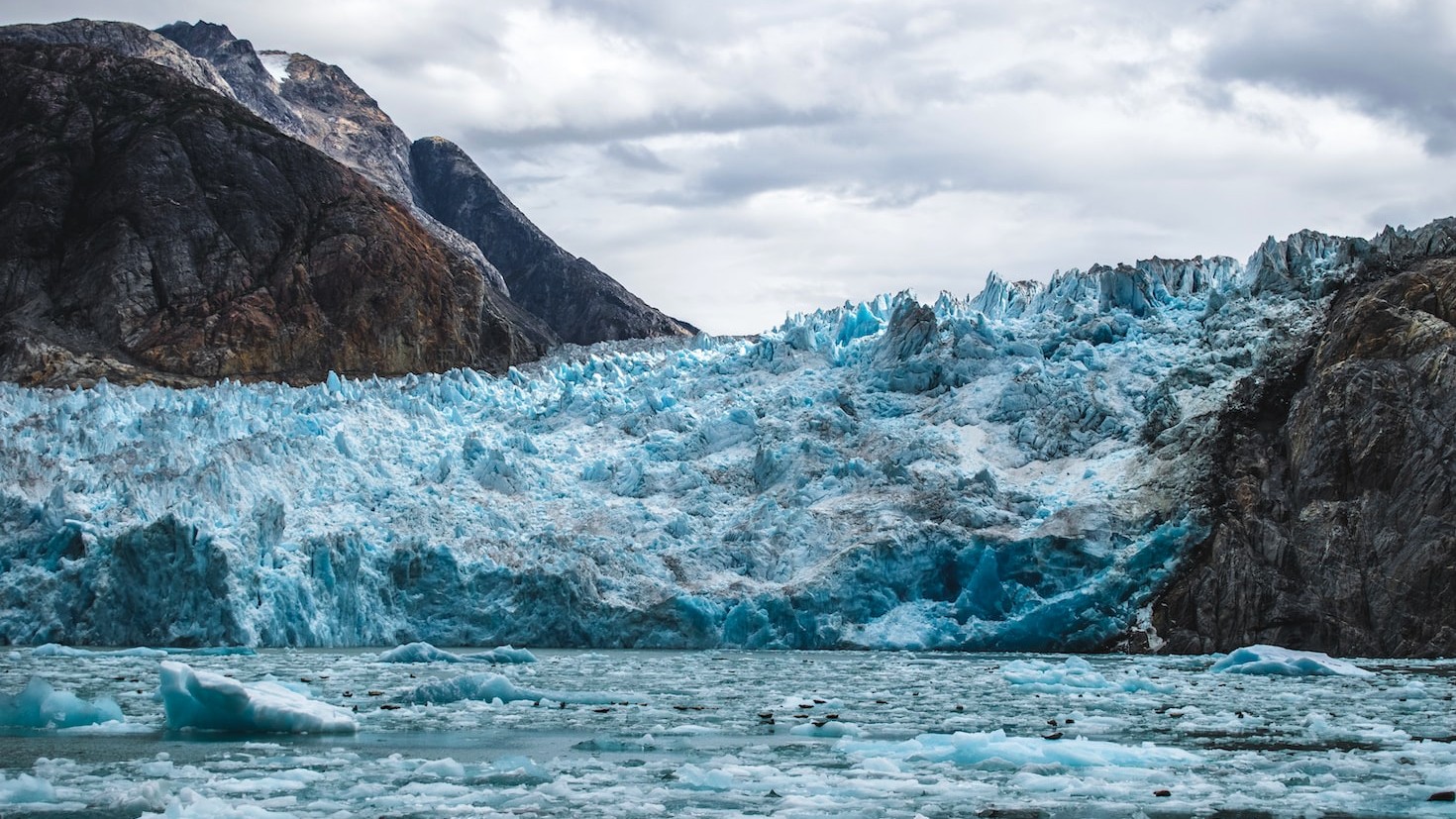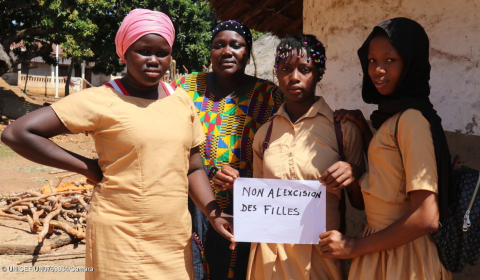As Biden’s administration deliberates whether to greenlight a controversial scheme to expand oil infrastructure on Alaska’s North Slope, environmental campaigners are urging him to reject it.
Update 13/03/23: After a long contentious process, the Biden administration has approved the Willow Project. The Department of the Interior’s Bureau of Land Management said that the decision ‘strikes a balance’ by allowing ConocoPhillips to ‘use its longstanding leases in the Arctic,’ while also limiting drilling to three sites rather than five. The news has been met with outrage among environmental campaigners who say it fatally undermines the President’s climate agenda. ‘After all that this administration has done to advance climate action and environmental justice, it is heartbreaking to see a decision that we know will poison Arctic communities and lock in decades of climate pollution we simply cannot afford,’ said Lena Moffitt, executive director of Evergreen Action.
This week, Biden’s administration is expected to finalise its decision on whether to approve the $6bn ConocoPhillips Willow Project.
If it goes through, the decades-long petroleum drilling venture on Alaska’s North Slope would generate enough oil to release 9.2 million metric tons of planet-warming carbon pollution annually, by the federal government’s estimate.
This is roughly equal to the combined emissions from two million passenger cars over the same time period.
Supporters of the scheme claim it would create thousands of jobs and be a new source of revenue for the petroleum-rich region.
This is because it would represent the biggest US oil field in decades – ‘one of the most important resource development projects in our state’s history’ as defined by Republican Senator Dan Sullivan – capable of producing around 1.5% of the country’s total oil.

But opponents fear that the obviously catastrophic repercussions of annual emissions equivalent to 76 coal-fired power plants operating in a single year would be adding fuel to a global climate system that’s already ablaze.
Moreover, it would threaten an increasingly fragile area that acts as an ancestral homeland to various Native communities and a critical habitat for walruses and caribou.
As a result, the scheme has become a lightning rod on social media, with TikTok users in particular galvanising around urging Biden to reject it.
So far, the debate online has amassed millions of views, a spot on TikTok’s top 10 trending list, and a substantial amount of tangible action IRL.
In fact, more than one million letters have now been written to the White House protesting Willow and almost three million people (and counting) have signed a Change.org petition doing the same.

‘ConocoPhillips, the company that has proposed this project, claims that Willow would help address inflation and energy costs. The US is already the world’s largest producer of oil and gas, despite the oil and gas industry’s vigorous and incorrect public relations campaigns aimed at convincing people that their opportunism to drill more is a legitimate policy solution,’ it reads.


















